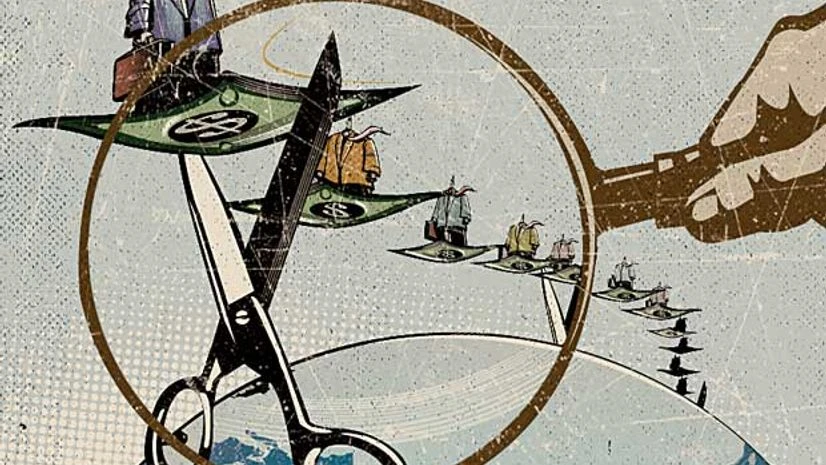As news outlets round the world continued to publish revelations from the Panama Papers, the nonprofit organisation that coordinated the project was preparing to move out of its offices here in an effort to cut costs.
The organisation, called the International Consortium of Investigative Journalists, was already forced to part with three contract journalists who had helped its small staff shepherd the project. And three other budgeted positions, it was told, would have to be left unfilled for now.
Its brief shining moment in the journalistic spotlight was being complicated by much more familiar issues. The consortium is subject to the financial headwinds buffeting the industry as a whole. In this case, it is feeling ripple effects from the financial struggles of its parent organisation, the Centre for Public Integrity, the venerable nonprofit investigative news organisation that controls the consortium's budget.
The financial pinch, has created dual realities for the consortium, damping morale and escalating long-simmering tensions with its parent, even as the impact of the Panama Papers has dramatically increased its global profile.
The consortium's problems also represent a potential setback in the search for new ways to finance and pursue journalism at a time when traditional news organisations, and even new digital operations, are seeking workable business models. In the nonprofit segment of the industry, which has inspired hope as a way forward, it has exposed a particularly hard truth: Financing even the most successful investigative reporting unit is hard and often inconsistent.
"You always want more staff and more funding," the consortium's director, Gerard Ryle, said. "But I have to accept the situation as it is." Financial uneasiness is nothing new for the Centre for Public Integrity, which ran yearly operating deficits from 2005 to 2007, and again in 2011. Peter Bale, who took over the organisation last year after a stint at CNN International, said the organisation was still trying to recover from that legacy - including a $2.1 million deficit in unrestricted net assets that he said he had inherited from his predecessor, whose editorial gambles have drawn criticism. That deficit, which the board has said cannot grow, has forced him to make cuts, Bale said, while honouring funding agreements and the centre's editorial imperatives.
©2016 The New York Times News Service

)
